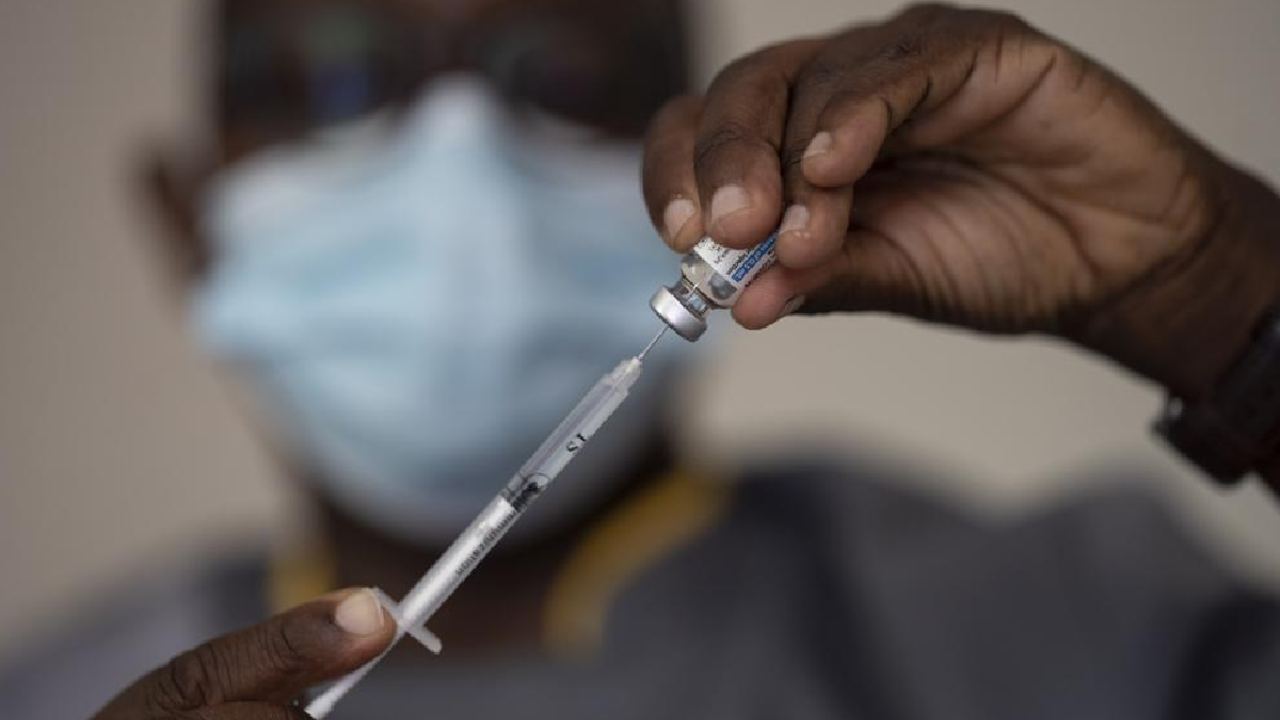Trials of the vaccine yielded positive results
Malaria vaccine improved in Burkina Faso and the trials yielded successful results. African countries are preparing to launch the vaccine.

According to the news of The National News, a game-changing development took place in Burkina Faso. A vaccine has been developed against malaria, which is very common in Africa. The vaccine has been approved by health authorities in Ghana.
The R21 vaccine developed by the University of Oxford proved 80 per cent effective when administered in three doses to 409 children aged between five months and 17 months, followed by a booster.
Another trial with 4,800 children showed a successful result. Data from the trials were shared only with African governments.
African countries and the World Health Organization also think that the vaccine should be approved.
IT WOULD LEAD TO FURTHER RESEARCH
Speaking in September, Malaria Consortium technical director Dr James Tibenderana, said he hoped the encouraging results from the Burkino Faso study would lead to further research.
“I hope these results motivate increased and sustained investments in research and development for malaria vaccines, and their equitable access, because they prevent malaria infections and save lives,” he said.
KILLS 620,000 PEOPLE A YEAR
The malaria parasite, delivered by a bite from a female Anopheles mosquito, kills around 620,000 people a year, with young children under five most vulnerable.
Cases of malaria have been steadily declining in Ghana, down from 13.4 million in 2017 to 5.8 million in 2021.
According to the WHO, there were an estimated 12,500 deaths from malaria in 2021.
IT WILL COST $2 EACH
Batches of the R21 vaccine will be produced at the Serum Institute of India, where there is capacity to manufacture up to 200 million doses a year.
A further production site is planned for Ghana capital Accra, with vaccine doses expected to cost about $2 each.
(The National News)







